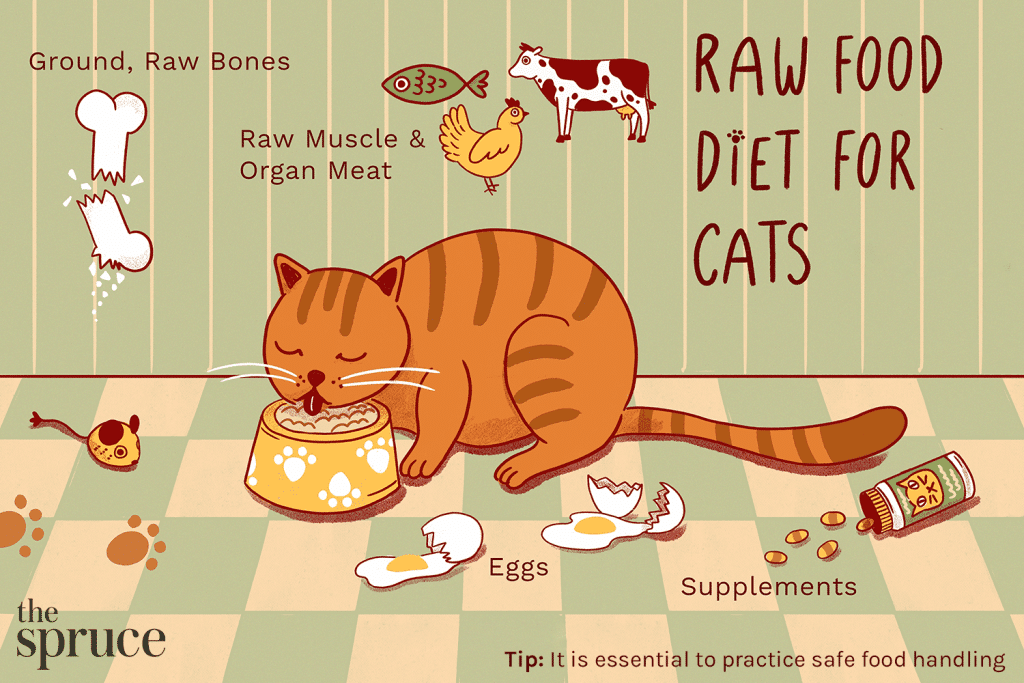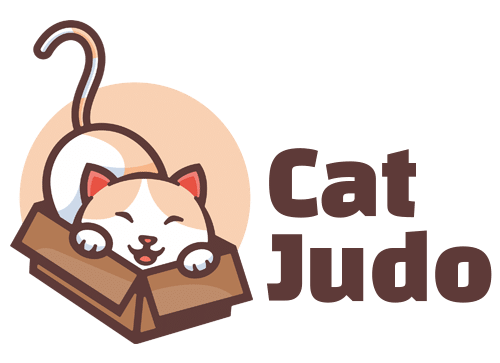Keeping your feline pets healthy and happy means feeding them the proper nutrients, which means that you choose all food carefully.
Here are some recommendations for the best diet for indoor cats: check them out

What Are The Benefits Of Feeding Your Cat A Healthy Diet?
Cats cannot make certain nutrients in their bodies as we do, so they need the proper diet to stay healthy. Taurine and Arginine are amino acids that are essential building blocks for protein, found only in meat, as well as specific vitamins. This is because cats have been classified as ‘obligate carnivores, which means they eat only meat. It is hazardous to feed your cat a diet lacking these meat-based nutrients. It is possible to lose sight if you are deficient in taurine due to heart and eye problems.
Keeping a close eye on your cat’s diet and feeding them the proper amount of high-quality, complete cat food can also help them stay at the right weight. Pet obesity is a growing problem in the UK, and obese and overweight cats are at risk for severe health conditions like diabetes and arthritis. You can spot quickly if your cat is gaining weight by weighing them regularly so that you can adjust their diet accordingly.
Indoor Cats May Find It More Difficult To Maintain A Healthy Weight
Even if they live in a cosy, happy environment, your pet’s space to stretch their paws is still limited. Indoor cats are more likely to become obese or diabetic due to this less active lifestyle and may struggle to maintain their natural shape.
Maintaining your indoor cat’s health and happiness begins with fine-tuning their feeding routine and keeping them active. Here are some tips for a healthy cat.
The Best Way To Feed Your Indoor Cat
In the daytime, cats like to nibble on left-out dry food (wet food goes stale too quickly). Dry food is safe to leave out because cats are natural grazers. It’s easy to forget what your cat has eaten when you leave its food out. To avoid overfeeding, the food packaging includes a serving guide.
If it works better for your routine, your cat may also adapt to eating several small, measured meals a day. To keep your cat’s energy levels up without gaining weight, feed them little and often throughout the day.
If your cat is on a diet and has already gained a few pounds, measuring portions is even more critical. Using our body conditioning tool will confirm whether your cat is overweight, and your vet can advise how to carefully adjust your cat’s feeding routine if you have an overweight cat. Before you make any changes to your cat’s feeding routine, consider their body condition and consult your vet.
Cats that live indoors can benefit from foods created explicitly for them. Your indoor cat will benefit from these special diets because they have the following benefits:
Your pet will stay lean with high protein levels and low calories.
Balanced mineral intake reduces urinary issues and other health issues.
Maintain a healthy coat and skin with these nutrients.
Fur balls can be prevented by ensuring that any hair eaten during grooming is gently eased down through their digestive system.
Reduces toilet odours in pets with unique fermentable fibre that works with their bacteria.
Using highly digestible ingredients makes your pet’s number two smaller and more solid, which makes cleaning up more accessible for you.
Providing fresh, clean water to your indoor cat is just as important.
It’s time to explore exercise options for your furry friend once you’ve sorted out an effective feeding routine.
Can You Tell Me What My Cat Should Eat?
There are so many different types of cat food out there that it can be challenging to choose just one! When picking a diet for your cat, keep these things in mind:
The word ‘complete’ indicates that the food contains all the nutrients your cat needs. Providing ‘complementary’ foods alongside their main diet can be done in small amounts.
Rather than making your cat food, we recommend buying a commercial brand instead of making your own. Providing everything your cat needs in a homemade diet is pretty challenging. It is possible to purchase these from pet stores, veterinarians, or supermarkets.
It would help if you always feed your cat the right food for their stage of life, whether kitten, adult cat, or senior cat because their nutritional requirements will change as they age. Your vet can help you determine if your cat’s food suits their particular needs, such as if they are pregnant, need to lose weight, or have chronic illnesses.
Look for manufacturers who are members of the Pet Food Manufacturers Association (PFMA). This organisation requires its members to meet different quality standards than the law.
Many cat owners choose to mix wet and dry cat food, so you’ll need to check the packets and figure out the correct portion size if you’re feeding them. Since most cats like variety in their food, you’ll need to ensure you’re feeding the correct amount. If your cat is not fond of drinking, feeding them a wet diet may increase their water intake.
Whether your cat prefers a particular type of food or keeps to various flavours and textures is up to you, as long as they are happy. Ingredients lists can be confusing, even if you want to know what your cat is eating. It doesn’t matter what the exact ingredients of your cat’s food are unless he has a food allergy since they must pass a vet’s test as ‘fit for human consumption.
Diets For Cats That Are Vegetarian Or Vegan
Feeding meat to your cat can be challenging if you’re not a meat eater. It’s tough for cats to survive and stay healthy on a vegetarian or vegan diet since they need certain nutrients that they cannot get from plant-based foods.
We recommend feeding your cat a complete commercial diet with high-quality ingredients. You should ensure that your cat gets all the nutrients they need to stay healthy when feeding vegetarian or vegan cat food. If you are uncertain, consult your veterinarian.
Cats Eating Raw Food
Rather than feeding their cats a cooked diet, some owners choose to feed them a raw diet. Unfortunately, raw diets can increase the risk of certain diseases, especially if they are not prepared or stored correctly. They can provide all the nutrients your cat needs.
Choose a commercially prepared, complete raw diet for your cat if you feed it a raw diet. There will be a proper balance of nutrients in these products and checks to reduce the likelihood of any problems. Raw diets are complicated to make at home, as you must carefully balance all the nutrients, as with any diet.
If you feed your cat a raw diet, you must be very careful about hand and food hygiene because some of the diseases caused by raw diets can also be passed to humans. GP or NHS advice is available if you’re concerned about yourself, someone you know, or a cat-fed raw food.
Is There A Recommended Feeding Amount For Cats?
A feeding guide is usually included on the back of a cat food packet to help you decide how much to give your cat. Depending on your cat’s needs, you may need to feed them more or less, so monitor their weight regularly to ensure they get the right amount. If they need to lose or gain weight to reach their ideal weight, you’ll need to feed them for their target weight. Don’t feed your cat too much if you don’t know how much to feed. Ask your veterinarian.
The best way to avoid overfeeding your cat is to weigh daily portions for him weekly so he doesn’t overheat and to ensure others in the household aren’t accidentally feeding him too much. It is widespread for cats to know how much food they need to eat, but some enjoy their food and keep asking for more. Feed your cat several smaller meals a day if they eat all their daily allowance in one sitting and beg for more.
Conclusion
Pet owners must consider the dietary needs of pets. The amount, type, and quality of food pets eat are essential. Commercial dog food, homemade food, raw food, and even human-grade food are some of the different types of diets available.
FAQs
What kind of diet should indoor cats follow?
One of the most intelligent domesticated species is the cat, one of the most intelligent animals in the world. Humans and their behaviour have been known to be understood by them.
Cats, however, are not known for their health. Their health issues can lead to organ failure, including obesity, diabetes, and heart disease.
According to some veterinary medicine takers, indoor cats should have a special diet consisting of high-quality food with protein sources like chicken and turkey and low-glycemic carbohydrates like sweet potatoes, yams, and peas.
Is there cat food that kills cats?
There is no doubt that cats are one of the most popular pets in the world. Cats live with humans in more than 100 million households worldwide. The popularity of cats comes with a dark side: an increase in feline kidney disease and other health issues.
Food poisoning from cat food is the most common cause. In many cat food brands, the proteins are high, making them difficult for cats to digest. A diet high in protein-rich foods can also cause kidney disease, resulting in dehydration and death.
Blood taurine levels are often below 1% in cats who die of kidney failure. All pet owners should feed their cats only human food to prevent taurine deficiency and seizures.
